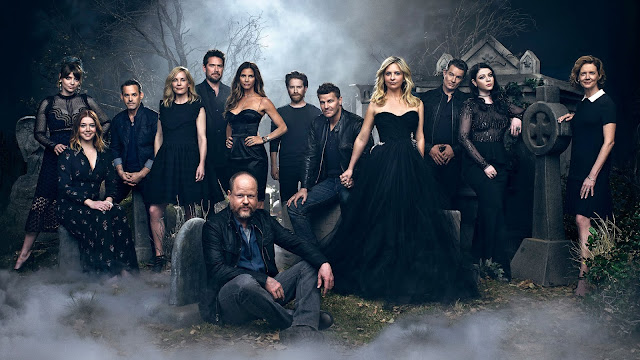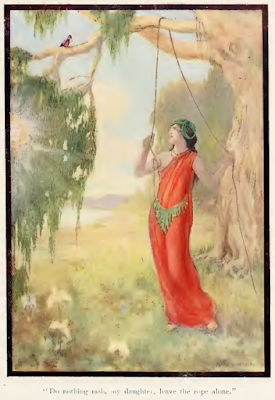Week 6 Lab: TV Tropes

(Image Information: The Beautiful Cast of Buffy , 20 Years Later, Flickr) Today's TV Trope was What Would X Do? Because Buffy is my hero, I thought of her immediately, however, I tried to put her out of my head. I clicked on the link and started reading about this trope when, what do you know, Buffy was mentioned. Apparently, I am not the only person who often asks themselves "what would Buffy do?". Okay, I don't really have proof of that, but I did read that a character from Supernatural uses this line. Honestly, though, I'm sure I'm not the only one who thinks this phrase; Buffy is the baddest superhero around. Anyway, it turns out, Buffy was a pretty influential show (duh) and contains a lot of tv tropes. The show is also referenced countless times in books, tv, music, everything pop culture, and other creators have definitely been inspired by it. It is truly a brilliant show but I did not come here to fangirl about Buffy, despite what it may seem...






